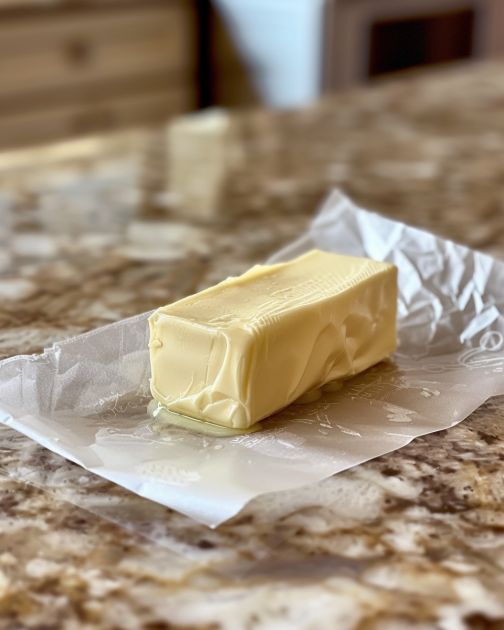
Is leaving butter out on the kitchen counter safe? This question has sparked debates among culinary enthusiasts and health-conscious individuals alike. Some swear by the convenience and spreadability of room-temperature butter, while others err on the side of caution, opting to keep it refrigerated at all times. In this article, we’ll delve into the intricacies of butter storage, exploring its composition, factors affecting shelf life, general guidelines, and safety precautions to ensure you can enjoy your butter worry-free.
Understanding Butter’s Composition and Shelf Life Butter, a staple in many kitchens, is primarily composed of butterfat, water, and milk proteins. With an average fat content of around 80%, butter boasts a rich and creamy texture. The low moisture content in unsalted butter plays a crucial role in inhibiting bacterial growth, making it safe to leave at room temperature for short periods. However, the presence of dairy components means that proper storage and handling are still essential to prevent spoilage.
Factors That Affect Butter’s Perishability
Type of Butter: Salted butter tends to have a longer shelf life when left on the counter compared to unsalted butter, thanks to the preservative properties of salt.
Kitchen Temperature: Warmer environments can accelerate butter spoilage, necessitating storage in cool, shaded areas.
Exposure to Light and Air: Direct sunlight and prolonged exposure to air can lead to rancidity, compromising both flavor and safety.
Hygiene Practices: Using clean utensils and containers minimizes the risk of introducing contaminants into the butter.
General Guidelines for Leaving Butter on the Counter While butter can safely sit on the kitchen counter for a few days under the right conditions, proper storage is crucial to maintaining its freshness. Here are some key guidelines to follow:
